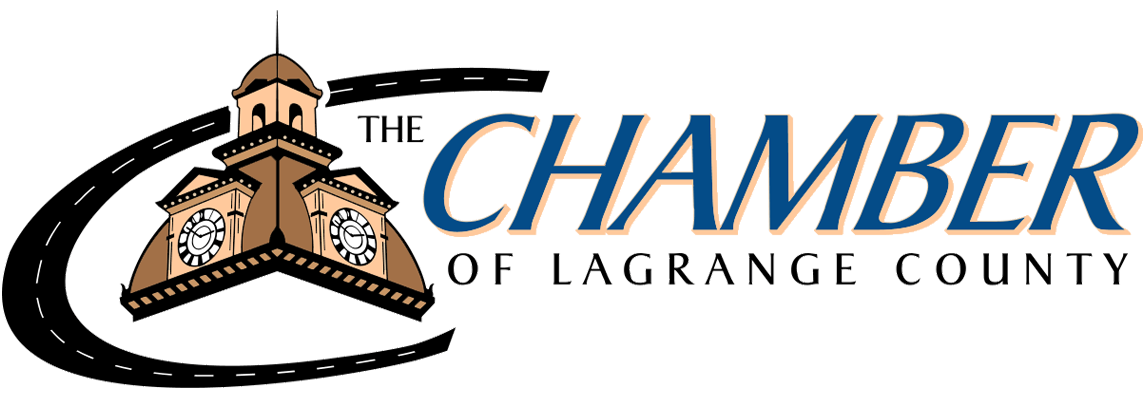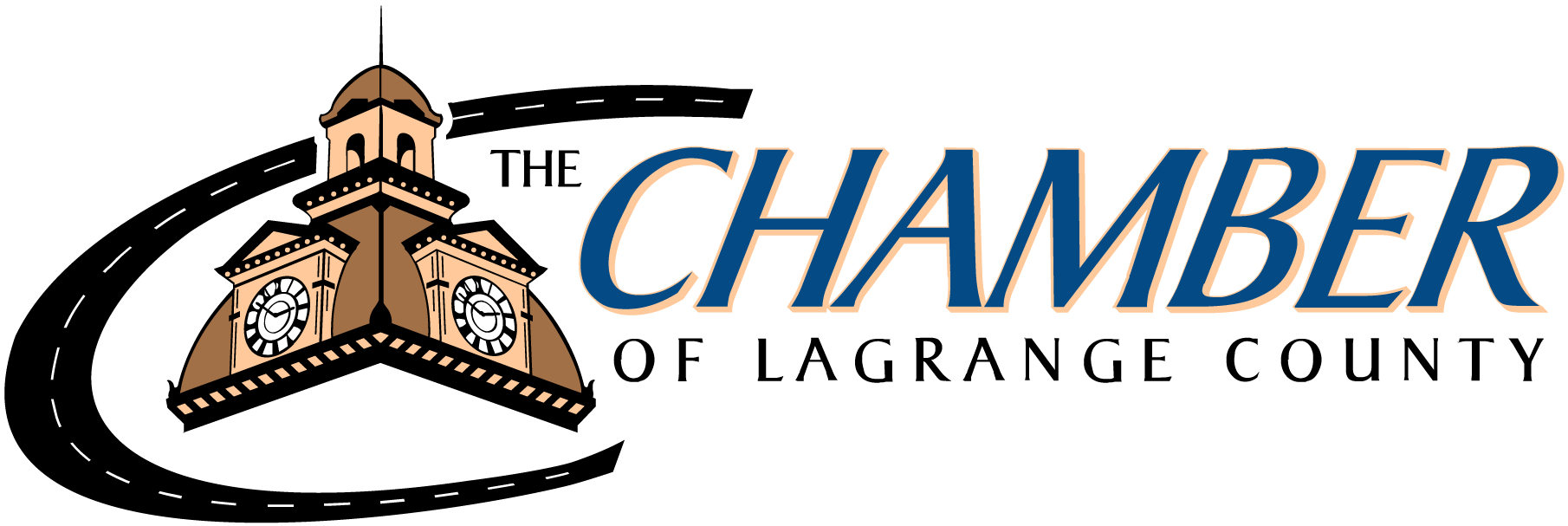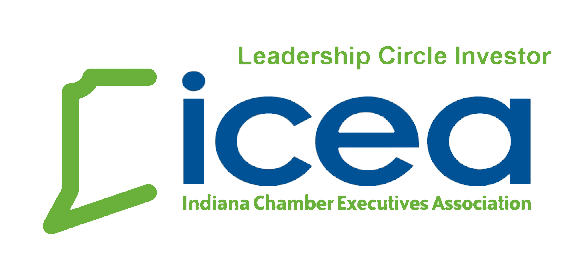Legislative Update - January 31
Chamber Unveils 2025 Legislative Analysis on Key Bills
The first edition of our 2025 Legislative Analysis, formerly known as the Legislative Agenda, is now available; the document matches our positions to the bills most important to the business community.
Our 2025 top priorities impact economic prosperity and the state’s talent pipeline. These include initiatives to improve workforce readiness, the tax climate, childcare options, student performance, energy and healthcare affordability and accessibility, entrepreneurial/small business infrastructure, as well as economic development across the state. These goals align with Indiana Prosperity 2035, our economic vision plan for the state, and also were informed by the results of an Indiana Chamber survey of member companies at the end of 2024.
The Legislative Analysis is also available in our Policy Center at www.indianachamber.com/policy.
A Tangible Front Door for Indiana's Entrepreneurs
HB 1172 / Chamber Supports
The Indiana Chamber testified in support of priority bill House Bill 1172, authored by Rep. Jake Teshka (R-North Liberty), on Wednesday. The bill was heard – and passed – by the House Commerce, Small Business and Economic Development Committee.
The bill, which establishes a state Office of Entrepreneurship and Innovation, is also a priority of Gov. Mike Braun, who intends to invest just as many resources in supporting main street businesses as prior administrations have expended to grow Indiana’s high-tech and innovation sectors.
Indiana’s entrepreneurial flywheel is on the precipice of beginning to spin. Beginning with Gov. Mitch Daniels, the Indiana Economic Development Corporation has made great strides to support innovators and innovative communities, youth entrepreneurship, Elevate Ventures and its 21 Fund, bringing the Rally innovation conference to Indianapolis – just to name a few achievements. In borrowing a phrase from Gov. Eric Holcomb, this new administration now has the opportunity to take these efforts to the “next level.”
It would be nearly impossible to articulate in this article the many reasons why the Chamber supports HB 1172. In short, however, an Office of Entrepreneurship will ensure there is a dedicated leader at the state level who eats, breathes and sleeps entrepreneurial issues.
Research shows that new and young businesses create virtually all net job growth in America. Further, for every 1% increase in the U.S. entrepreneurship rate, the poverty rate decreases by 2%. Governing conducted a survey that found 43% of respondents have thought about starting a new business, but only 21% have tried. Furthermore, 92% of those surveyed think it's difficult to start and grow a new business.
In 2023, the Indiana Chamber published Indiana Prosperity 2035, an economic development playbook for the state’s economy. A pillar of that report – and the top priority for our members – is supporting entrepreneurship and innovation in Indiana.
Indiana lacks many of the amenities that, say, California has to foster an organic, well-funded entrepreneurial ecosystem. However, we have the assets here to cultivate an environment in which new businesses can thrive.
Indiana is already one of the best states in the country to start and grow a business; we just have to make it easier to do so.
House Bill 1172 was recommitted to the House Ways and Means Committee, where it awaits its next hearing before going before the full House for a final vote and passage.
House Committees Debate Healthcare Cost Reforms
HB 1003 / Chamber Supports in Part | HB 1004 / Chamber Opposes
Members of the House Committees on Public Health and Insurance met this week to debate two sweeping health care bills, House Bills 1003 and 1004. While the bills aim to target inefficiencies and reduce costs, questions remain about their potential impact on employers and health care markets.
House Bill 1003 includes reforms to prior authorization, physician credentialing by insurers and pricing transparency. The bill aims to shorten the time it takes for providers to be credentialed with insurers, helping to improve workforce mobility. It also strengthens requirements for patients to receive good faith estimates for medical procedures in a timely manner, ensuring greater cost predictability. The bill also includes reasonable reforms to prior authorization, prohibiting insurers from rescinding an authorization after it’s been granted and requiring review of the authorization request by a similarly credentialed professional.
One of the more contentious aspects of the bill is its intervention in contract negotiations between insurers and providers. By mandating or prohibiting specific contract provisions, the bill risks disrupting private negotiations that play a crucial role in setting competitive health care prices.
Another area of concern is the bill’s treatment of the 340B drug pricing program. While intended to cap costs for drugs administered under the program, the provision does not account for the operational and fixed costs providers incur to participate. If the price cap becomes law, providers may be forced to discontinue their participation, limiting patient access to discounted medications and potentially shifting costs to commercial payers.
House Bill 1004 takes direct aim at nonprofit hospitals, redefining the criteria for tax-exempt status. Under the proposal, hospitals charging more than 200% of Medicare rates for any service would be designated as for-profit, requiring them to pay state and local taxes. The bill also requires hospitals to disclose detailed pricing data and submit additional financial reports.
While the legislation is positioned as a cost-containment measure, there are concerns about unintended consequences. Setting a rigid pricing threshold may not account for broader operational realities and could ultimately shift costs to employers and employees.
As Indiana lawmakers push forward with health care reforms, business leaders remain watchful. While efforts to improve transparency and control costs are broadly supported, the potential for cost-shifting remains a critical concern in the ongoing debate.
A Reaction to Braun's State of the State Address
Governor Mike Braun gave his first State of the State address on Wednesday, and we have a reaction to his remarks and approach to his new role.
It’s so advantageous for Indiana to have a successful business leader as the state’s chief executive, looking for efficiencies, being bold and seizing opportunities. That mindset by Gov. Braun and his administration will better position the state to be more competitive and for businesses and Hoosiers to prosper.
We agree with the Governor that big ideas and collaboration are needed. Two of his agenda items are prime examples of both. The Hoosier Workforce Investment Tax Credit would serve as a big catalyst for businesses to invest in the development of their workers and for those individuals to then earn higher wages. Establishing the Office of Entrepreneurship would allow the state to facilitate much more entrepreneurial activity and emphasize its commitment to small businesses.
Also, Governor Braun is right to recognize that rising property taxes are placing a burden on homeowners and businesses alike. As action is being considered, the Indiana Chamber encourages the administration and Legislature to prioritize equitable, transparent reforms that balance relief for all taxpayers with the need for strong, sustainable communities.
We look forward to working with the Governor and lawmakers on these issues and a variety of policies to make the state a place where even more people want to live and work.
Math, School Accountability Draw Education Focus
HB 1634 and HB 1498 / Chamber Supports
Indiana faces a real challenge in improving mathematics student performance and that’s the goal of House Bill 1634, authored by Rep. Jake Teshka (R-North Liberty). The Indiana Chamber testified in support of this important step to put energy behind improving math instruction and student performance. Only 40-45% of Indiana students demonstrate proficiency in mathematics.
The bill would provide for early assessments in elementary of students in math, intervention for those below proficiency, and would require schools to automatically enroll qualified students (with an opt-out option) in advanced math courses. Further, it requires a review of accredited teacher preparation programs, curricula and instruction for math teacher preparation.
On another matter, HB 1498, authored by Rep. Robert Behning (R-Indianapolis), requires the State Board of Education to complete the development of a new K-12 school accountability plan and scoring model by the end of 2025 and to release new scores in 2026. The Chamber testified in support this week, particularly for the use of an “A through F” scoring system for school performance and the new methodology that provides for a much broader set of accountability measures tied to data transparency. This move will not only provide more user-friendly information for parents but much deeper data for school improvement strategy development.





